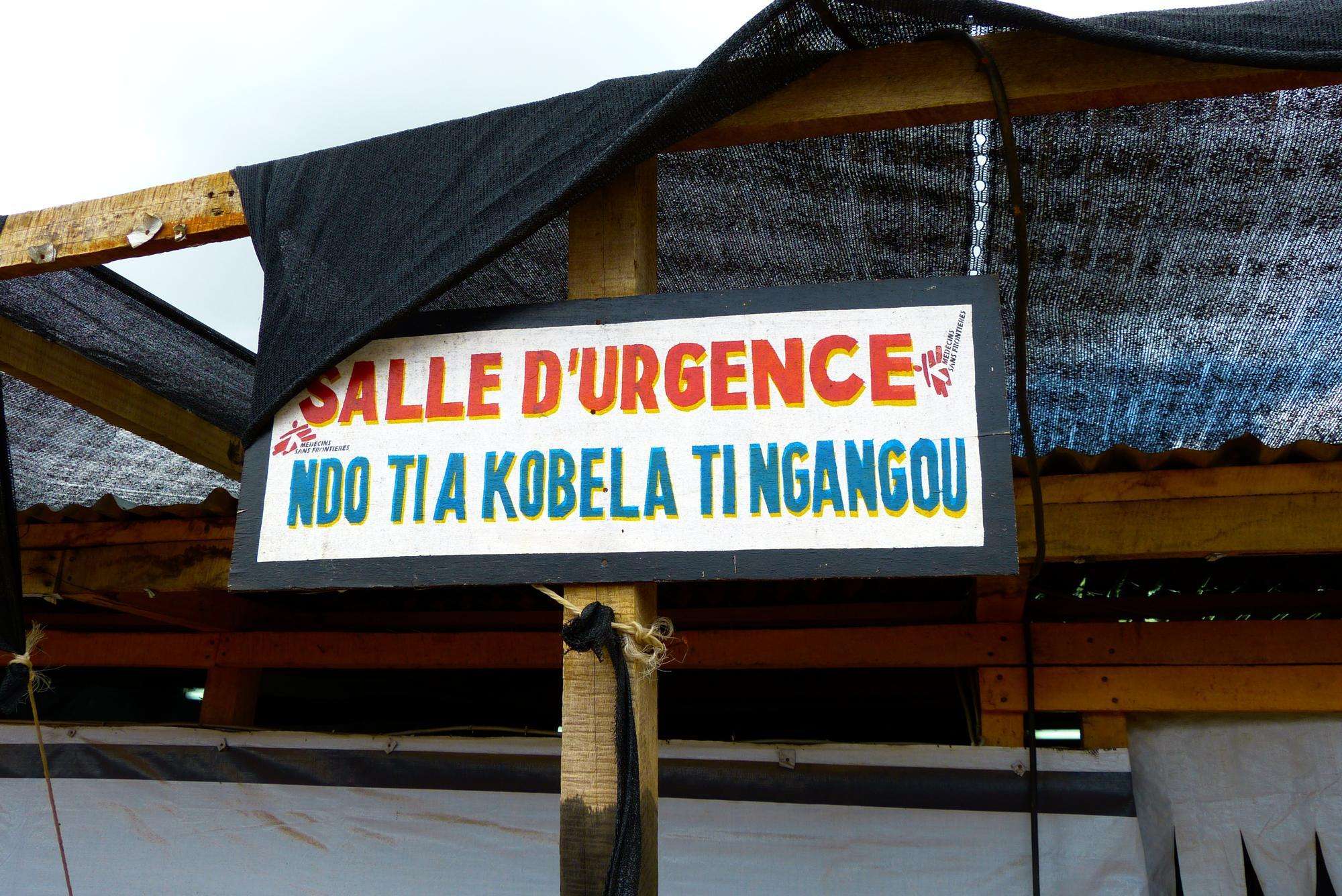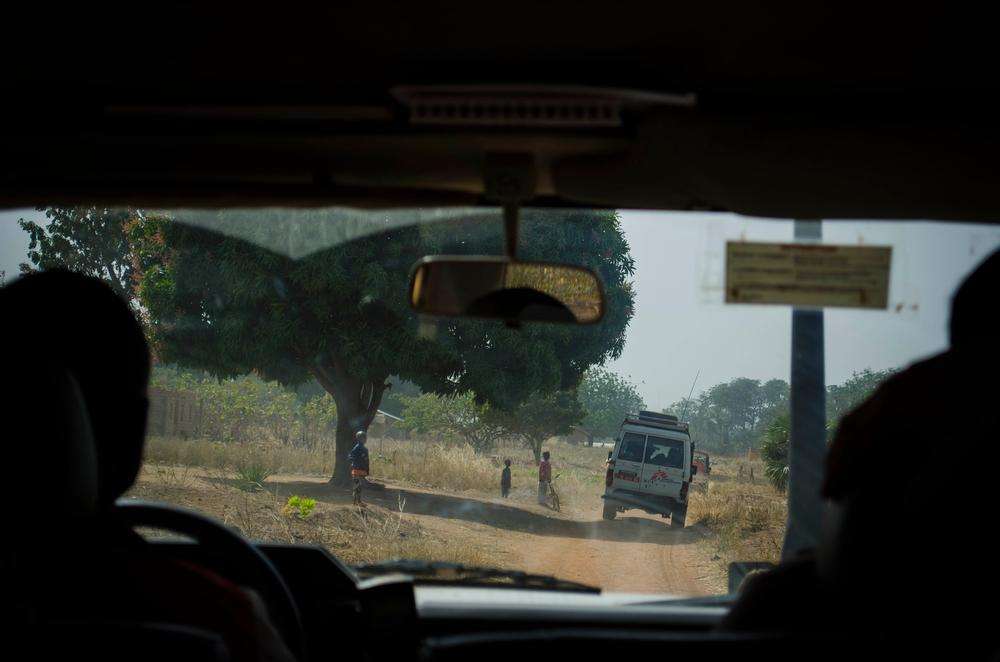Doctors Without Borders/Médecins Sans Frontières (MSF) clinical psychologist Hélène Thomas carried out two assignments in Central African Republic (CAR) between April and December 2014 and opened MSF’s program of medical and psychological support for victims of sexual violence (VSV) at the general hospital in Bangui, CAR’s capital.
Again and again, she heard the testimonies of people imprisoned by violence and trauma.
“Sophie’s* story affected me the most,” Thomas says. “She literally seemed to be falling to pieces when she arrived at the hospital. She was only just 37 but looked more like 50. She had foot sores and malaria and was under-nourished.
“Traumatized, confused, and disoriented, she was also suffering from Kaposi’s sarcoma, a disease that manifests itself as cutaneous lesions,” Thomas continued. “What she had to say was truly shocking: ‘I don’t know if I’m alive or dead. My life is meaningless. Is there any dignity left for me? Am I still a human being?’”
Sophie had been riding on a bus going to the market in Boguila, a town in northwest CAR that’s been badly impacted by the ongoing violence in the country. The bus was stopped by a group of armed men. They first separated the males from the females and then took the women into the bush. For two weeks, these women were gang-raped, drugged, and forced to march barefoot on very little food. One day, some of the men left to attack a village and they managed to escape.
“Sophie was utterly shattered,” Thomas recalls. “She had no notion of the courage it had taken her and the other kidnapped women to escape, that they could have ended up alone in the bush or subjected to reprisals by armed groups. Villagers took them in, gave them first aid and protection and then they went home. But Sophie’s misery was far from over.”
“My life has no meaning anymore.”
When she finally got home, her husband rebuked her and wouldn’t even allow her to see her 9-year old son. Her brother had heard on the radio that MSF was opening a VSV program at Bangui general hospital and suggested that she should go.
“We began by reassuring her and calming her down,” Thomas says. “We took her statement in Songo (a language spoken in CAR) as she doesn’t speak French that well. Quite unusually, we had to admit her to the hospital because she really was very ill and weak.
“We gave her a clinical and medical examination and sadly we found that she had been infected with HIV. It was so hard for her. She said she wanted to kill herself. But fortunately, thanks to the medical treatment, psychological support and social interaction with people accompanying other patients, she gradually recovered. We kept her with us for about a month, until she felt strong enough to go back to her village.”
485 victims of sexual violence treated in CAR in 2014
CAR is in a state of absolute chaos and what happened to Sophie is far from an isolated case. “Between July and November 2014, we treated just at the general hospital 274 victims of sexual violence,” Thomas says. “Twenty-four were minors—almost half not even eight years old—and seven were male.
“I remember one lady who was 90. We had to go and get her at her home because she was wounded. And a three-year old little girl who was in a state of shock. It’s horrendous to see such suffering.”
Victims mostly come because they, or somebody they know, have been informed and made aware of what MSF does through the outreach campaign staff ran when MSF opened the VSV program. Some others are referred from other health facilities. And now the Bangui police, and more particularly the brigade for the protection of minors tasked with handling sexual assault cases, have started sending victims to MSF’s program as well.
“Our program at the general hospital and the VSV unit managed by MSF at Castor health center that’s also in Bangui are the only facilities in CAR delivering comprehensive treatment to victims of sexual violence,” Thomas notes. “This medical and psychological care is so vital—along with the support of their friends and families—for them to be able to hope that one day they’ll heal and overcome their trauma.”
*the name has been changed
MSF started working in CAR in 1997. Since 2013, we have doubled our medical assistance and increased our program to respond to the emergency in the country.





